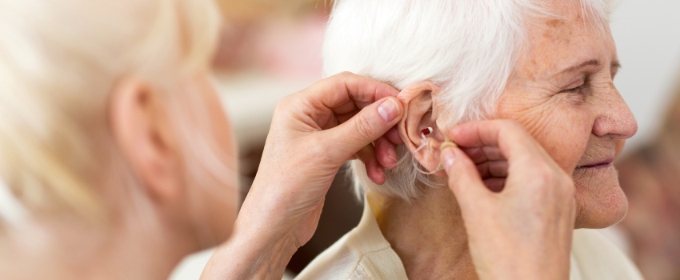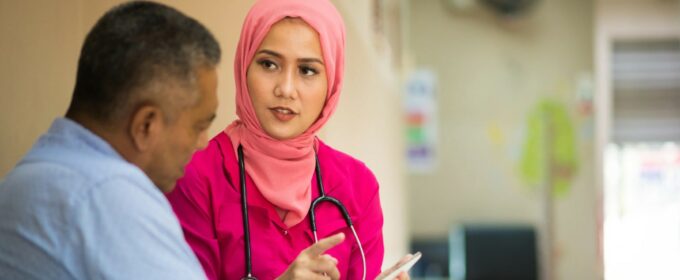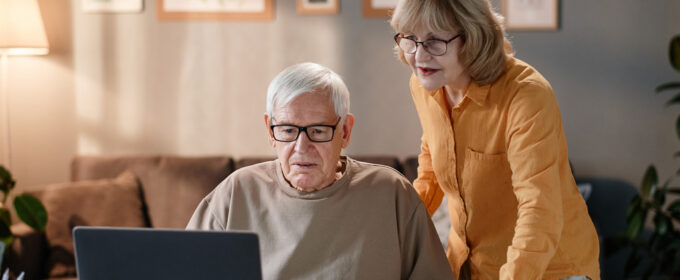Over the past decade, government reports in England have consistently identified primary–secondary school transitions as poorly managed and a systemic weakness. Dr Charlotte Bagnall shares how her #P-S WELLS research team have combined academic research, with policy and practice consultation to co-develop a unified, evidence-based framework with key recommendations to inform a primary-secondary school transitions […]









